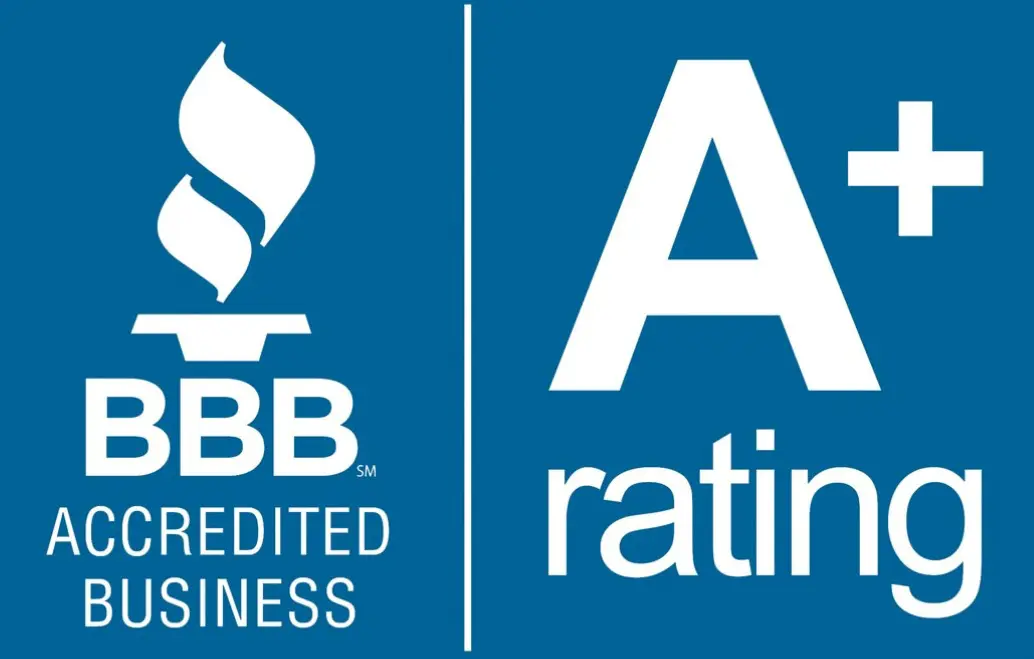Why You Need A Mentoring Program

“I’ve learned that you shouldn’t go through life with a catcher’s mitt on both hands. You need to be able to throw something back.”
– Live and Learn and Pass It On: People Ages 5 to 95, H. Jackson Brown, Jr.
Facebook COO Sheryl Sandberg, astronaut John Glen, Oprah Winfrey, and designer Yves St. Laurent have one thing in common: they all had mentors!
A mentoring program is the most direct way for experienced professionals to “throw back” their years of wisdom and knowledge to future, upcoming talent.
Some mentoring programs are informal in nature and others are more structured, but the components for all types are the same: to provide the opportunity for beneficial interactions of shared experiences and life’s lessons learned from the mentor to the mentee.
For the last several years, I have had the opportunity to serve through Auburn University’s AMPD Board as a mentor for students preparing to enter the job market. Most conversations have centered around building a great resume, marketing yourself, searching for jobs, transitioning from college to the working world, and preparing for job interviews.
However, some of the more meaningful conversations were those centered around time management and building leadership skills during college. During these conversations, I am often asked questions like, “What were your plans when you graduated from college?” and “Are you where you thought you would be?” You won’t find the answers to these questions in a textbook, showing again the immense value of a mentoring relationship.
Keep in mind that a mentoring relationship not only benefits the mentee but the mentor as well. Establishing a mentoring program could make your millennial employees stay longer with your company, decreasing your turnover rate. But don’t take my word for it.
According to Forbes and a study conducted by Deloitte, millennials planning to stay with their employer for more than five years are twice as likely to have a mentor (68%) than not (32%). Contrast that with this stat: 66% of millennials expect to leave their current job in five years or less. Eighty-one percent of them are happy with their mentor. Among millennials planning to leave their employer within two years, only 61% were happy with the mentoring they received.
There are many different types of mentoring relationships. I encourage you to explore and figure out what works best for you, your company, and your employees. It’ll take some work, but it’s well worth the investment.

